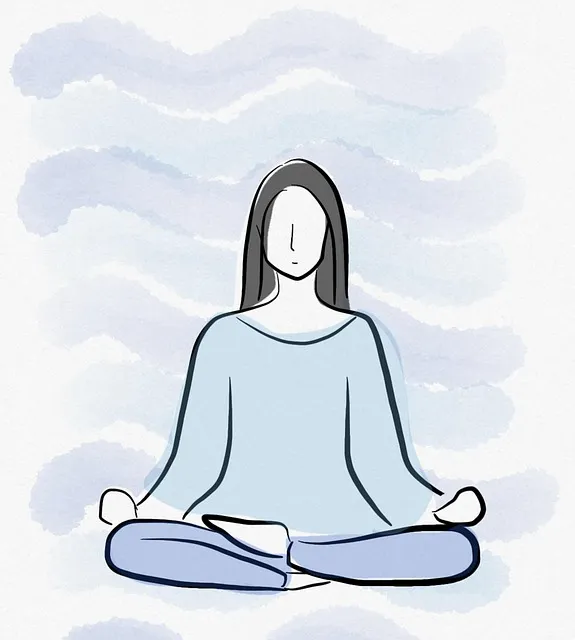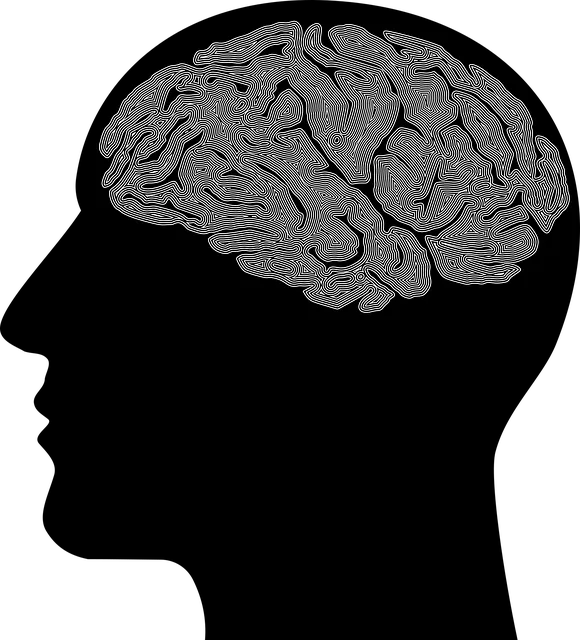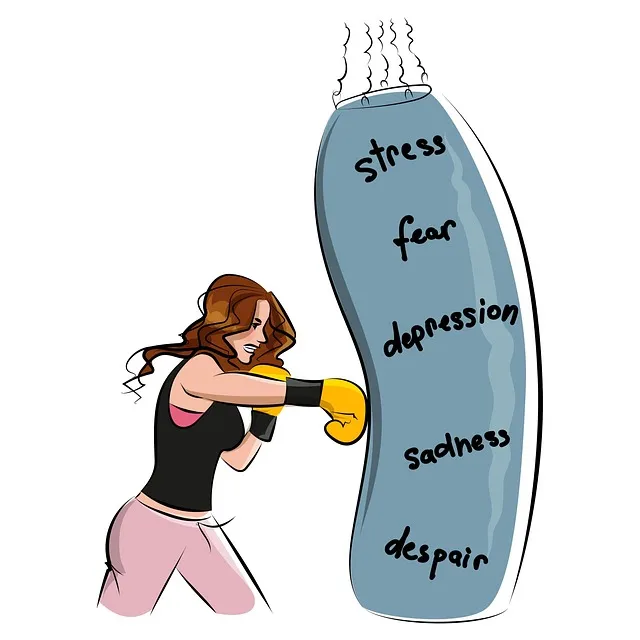Kaiser Aurora offers innovative mental health support centered around the RFM (Resilience, Flexibility, Mastery) framework, integrating mindfulness meditation and Resilience-Building Exercises (RBE). This holistic approach enhances well-being, equips individuals with coping mechanisms, and promotes self-care among professionals. By focusing on resilience, Kaiser provides comprehensive resources for stress management, revolutionizing mental health care in Aurora through tailored strategies and evidence-based practices.
“Discover how Kaiser is transforming mental healthcare in Aurora with its innovative RFM (Resilience, Flexibility, and Mastery) approach. This article explores the significance of RFM in supporting individuals’ mental well-being and offers a unique perspective on resilience building.
Learn about Kaiser’s strategy to provide accessible mental health services in Aurora and follow our step-by-step guide to implementing effective resilience exercises. Uncover how these techniques can empower individuals to navigate life’s challenges with enhanced adaptability.”
- Understanding RFM and its Role in Mental Health Support
- Kaiser's Approach to Offering Mental Health Services in Aurora
- Implementing Resilience-Building Exercises: A Step-by-Step Guide
Understanding RFM and its Role in Mental Health Support

Understanding RFM (Resilience, Flexibility, and Mastery) is pivotal in the realm of mental health support. This framework empowers individuals to navigate life’s challenges with resilience, fostering adaptability in stressful situations. By integrating emotional healing processes into their lives, people can build mental fortitude, enhancing their overall well-being. Kaiser, a renowned healthcare provider in Aurora, does offer mental health services that often incorporate RFM principles to assist clients in developing coping mechanisms and improving their quality of life.
The implementation of RFM techniques goes beyond individual growth; it’s also essential for risk management planning among mental health professionals. These exercises help practitioners cultivate self-care practices, ensuring they can effectively support their clients while mitigating potential risks. Mindfulness meditation, as a core component of RFM, has been scientifically proven to reduce stress and promote mental clarity, making it a valuable tool in both personal development and professional practice, particularly within the context of Kaiser’s mental health services in Aurora.
Kaiser's Approach to Offering Mental Health Services in Aurora

In Aurora, Kaiser has pioneered an innovative approach to mental health services, emphasizing holistic well-being and resilience. Their strategy involves a multi-faceted approach that goes beyond traditional therapy sessions, focusing on empowering individuals with practical tools for emotional regulation and stress management. By integrating these techniques into their healthcare framework, Kaiser ensures that patients in the Aurora community have access to comprehensive resources aimed at enhancing mental agility and fostering resilience.
This organization offers various programs and workshops designed as stress management workshops within their facilities. These sessions delve into effective stress reduction methods, teaching participants valuable skills for navigating life’s challenges. By promoting emotional regulation as a core aspect of overall health, Kaiser aims to create an environment where individuals can thrive, even in the face of adversity.
Implementing Resilience-Building Exercises: A Step-by-Step Guide

Implementing Resilience-Building Exercises: A Step-by-Step Guide
Resilience is a crucial aspect of mental well-being, and it’s something that Kaiser, in its mental health services Aurora offerings, prioritizes. Incorporating resilience-building exercises (RBE) can empower individuals to navigate life’s challenges effectively. Here’s a straightforward guide for professionals aiming to integrate RBEs into their practices:
1. Assess Individual Needs: Begin by evaluating each client’s unique circumstances and vulnerabilities. Understanding their personal, professional, or environmental stressors is key to tailoring RBE strategies. Does Kaiser offer mental health services Aurora that cater to these specific needs? Absolutely.
2. Educate and Set Expectations: Explain the concept of resilience and its benefits. Help clients understand that setbacks are normal and manageable. Set achievable goals for the exercises, ensuring they remain motivated throughout the process.
3. Choose Evidence-Based Techniques: Select RBEs backed by scientific research. These might include mindfulness practices, cognitive reframing, problem-solving skills training, or stress management techniques. Remember, Depression Prevention is a key aspect that can be addressed through these exercises.
4. Develop a Structured Plan: Create a step-by-step program with regular sessions. Consistency is vital for building resilience. Incorporate activities like guided meditations, journaling prompts, or even group discussions to enhance Mental Health Awareness.
5. Monitor Progress and Adjust: Regularly assess clients’ progress and provide feedback. Adapt the exercises as needed to ensure they remain effective and relevant to their evolving needs. This dynamic approach is an essential component of Risk Management Planning for Mental Health Professionals.
Resilience is a powerful tool for enhancing mental well-being, and organizations like Kaiser are leading the way in integrating RFM and resilience-building exercises into their service offerings. As discussed, these techniques can significantly improve individuals’ ability to cope with challenges. By understanding RFM’s role and following a structured guide for implementation, healthcare providers can create supportive environments, such as what Kaiser has established in Aurora, that foster mental health resilience. This approach ensures that folks have access to the resources they need to navigate life’s complexities effectively.






